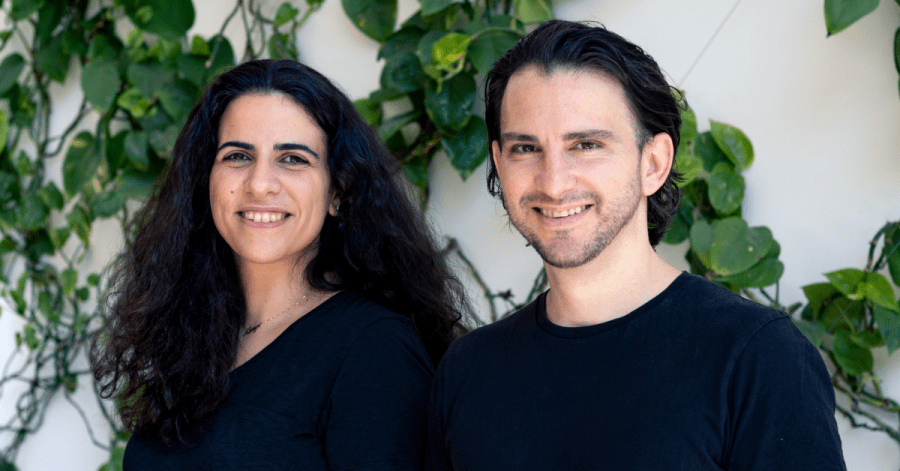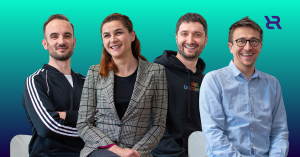Greek investor Marathon VC is leading the pre-seed round of data analytics startup Avrio. The total funding amounts to $830K. Angel investors also participated in the round, including Patrick Thompson, co-founder, and former CEO at analytics startup Iteratively, acquired by prospective unicorn Amplitude in February 2021, and Bob Moore, co-founder, and CEO at US-based Crossbeam, known for its collaborative data platform.
Avrio has developed a browser extension that can be built into a user’s workflow to collect insights, provide context, and promote the data from collective research. The technology strives to reduce the time individual team members spend gathering information that already exists in their organization. The startup will be using the investment to expand its team and introduce Slack integration for its solution. It will also be working towards creating an open API and more collaboration tools to improve the core experience of its users.
“Data analysis stays contained in dashboards, sheets, PDFs, or in people’s heads. When Andrew pitched us Avrio, it immediately resonated with us. In a remote-first world bringing data analysis into users’ context is key for productivity and alignment. We at Marathon are already avid users of Avrio and we cannot wait to see what Andrew, Natalie, and the team build next,” Panos Papadopoulos, Partner at Marathon VC, told The Recursive.
“This is a big milestone for us at Avrio, as it allows us to grow the team and double down on building our product. We’re on a mission to re-invent the way teams share and discover insights and this new partnership takes us a step closer to achieving it,” added Andrew Michael, CEO at Avrio.
Data analysis done in a timely manner
The Cyprus-based startup was established in 2020 by Michael and his co-founder Natalie Masrujeh, Head of Product at the company. Both founders are serial entrepreneurs. Michael was the founder and CEO of adtech company adJelly, acquired by online video advertising company Brandzooka. He has also served as Business Intelligence Manager at heatmaps and behavior analytics company Hotjar. Andrew is the creator and host of Churn.fm podcast, where he interviews business leads from international SaaS companies on the topic of SaaS churn and retention.
Natalie Masrujeh is co-founder and former CTO of Amsterdam-based online student management system for private tutors Teach’nGo and has worked as a Product Owner of Overflow, a product of Proto.io. The two entrepreneurs united around creating Avrio to improve how research and data analysis is conducted in silos and make data-informed decisions.
The Avrio workflow extension can be used for making a screenshot to tag and organize information that is valuable for company members. It can also be utilized for annotating web graphs for team members and pinning insights to different web pages, and validating data to ease information processing during research and customer analysis. According to company claims, data can be accessed from anywhere and can be kept up to date. The ultimate goal of the technology is to avoid repeated research for information and make direct use of data that can be found online, through different communication and internet channels. The startup is developing a subscription service model where companies pay per seat. So far, the beta version of the solution has been tested in private by the Avrio network of companies. Avrio has recently opened access to over 100 companies that had been on the pre-registration list for early access.
The global knowledge management software market
In a global environment, shaped by the remote work trend, the need for tools that facilitate less time-consuming and easy access to information on the Internet has led to the rise of worldwide demand for tools used for product data and insights. Data from global industry analysts shows that the knowledge management software market is valued at $24B and is projected to reach $1.1T by 2027.
At the same time, a survey of over 400 employees in charge of executing data functions in their organizations showed that they spent 20% of their work time or around 10 hours per week to create data assets that already exist in their organization.








